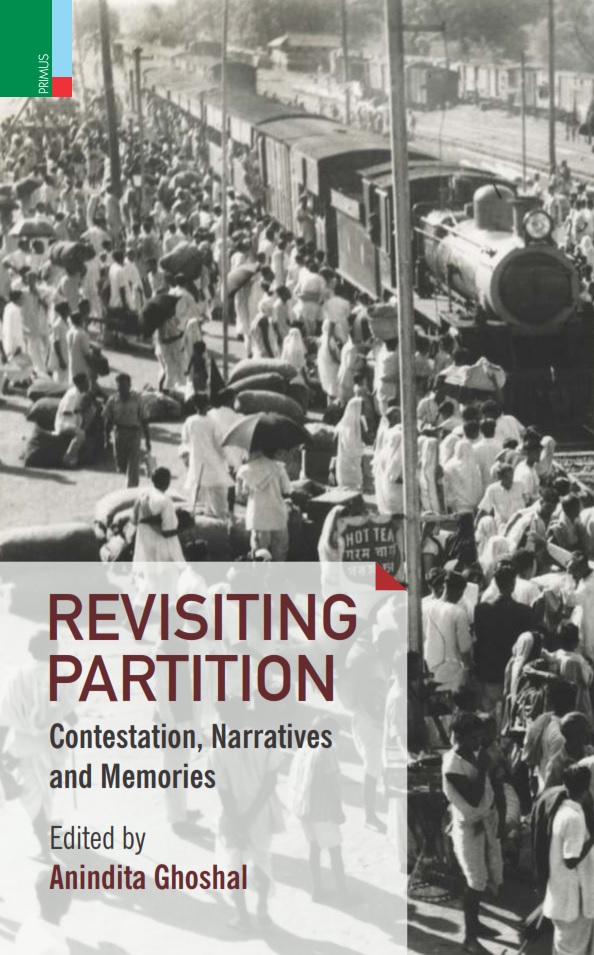
INFORMATION
- EDITOR : Anindita Ghoshal
- HB ISBN : 978-93-5572-147-1
- Year : 2022
- Extent :
- Discount available on checkout
- Usually dispatched within 3 to 5 working days.
The effects of Partition were felt not only in specific regions but all across the country. Moving away from state-specific analyses of the fractured reconfiguration of the Indian subcontinent, Revisiting Partition: Contestation, Narratives and Memory delves into the connected nature of the developments and their lingering deep impact. Divided into five sub-themes, this book weaves in the narratives from the geographic areas of West Bengal, Pakistan and Bangladesh as well as the less studied, but equally significant, north-east India. The contributions identify the stages of Partition and investigate the accompanying complexities that transformed the migration of refugees into a prolonged affair. Combining authentic glimpses into the national, provincial, regional and local undercurrents this collection touches upon the everyday life experiences and the continuing influence of the Partition on generations of Partition victims.
The Editor
Anindita Ghoshal is Associate Professor of History at Diamond Harbour Women’s University, Kolkata. Her area of research includes Partition and refugee studies with special emphasis on eastern/north-eastern India and Bangladesh. Currently, she is co-investigator on a research project titled ‘Reckoning in Refugeedom: Refugee Voices in Modern History, 1919–1975’, under the aegis of the School of Arts, Languages and Cultures at Manchester University. Her first monograph is titled Refugee, Borders and Identities: Rights and Habitat in East and Northeast India (2020).
Contributors
Sekhar Bandyopadhyay • Rup Kumar Barman • Nandini Bhattacharya • Gorky Chakraborty • Pallavi Chakravarty • Suranjana Choudhury • Debdatta Chowdhury • Tista Das • Rituparna Datta • Binayak Dutta • Sayeed Ferdous • Subhasri Ghosh • Anindita Ghoshal • Tanvir Mokammel • Kakali Mukherjee • Sipra Mukherjee • Urvi Mukhopadhyay • Sajal Nag
‘This volume offers a rich tapestry of new research on how the tragedy of Partition embedded itself in postcolonial South Asian societies. Eighteen wonderful case studies highlight how Partition created new communities and identitie—“citizens”, “minorities”, “refugees”, “borderlanders”, and so on—that continue to produce key social movements and cultural expressions. Critical of “Indo-centrism” and “Punjabo-centrism” in Partition studies (and “Bengalo-centrism” in studies of Partition-in-the-east), Revisiting Partition indicates fresh directions to explore.’
—WILLEM VAN SCHENDEL
University of Amsterdam




